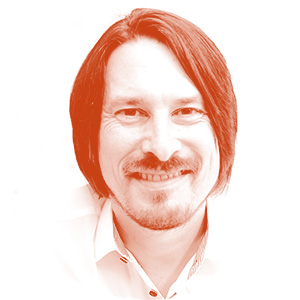Meetings are madness. We all know better. But still, most of us don’t do better. Because we’ve accustomed ourselves to the way that meetings are run. We’ve let inefficient meetings turn into a habit basically from the very first meeting we joined (we were the juniors, after all).
It’s just the way it is. They’ve always been like that. Get over it.
Or not.
Let’s revisit this statement: We have allowed inefficient meetings to become a habit.
The thing with habits is that they are automatic behavior. Once you experience the trigger for the habit, the habit takes over. The trigger in meetings is the meeting room. The habit is to drift away in your mind doing things like planning your next vacation, thinking about new career opportunities, or just catching up with mail.
The bad news is that habits, even if you’ve uncovered them, never go away, as Charles Duhigg argues in his fabulous book “The Power of Habit”. Bad habits can only be replaced by new habits.
One possibility to replace a habit is via what Duhigg calls the “reward”. For example, for some of you a reward of the inefficient meetings habit might be that you feel like you’ve managed to catch up with mail (finally!). Much better than to waste your time listening to a boring PowerPoint presentation.
So, the question becomes: How can you make the reward of paying attention more desirable than the reward of catching up with mail?
Let’s look at what causes meetings to feel so inefficient. Some of the more important ones are:
- Too many participants who don’t have anything meaningful to contribute.
- Too many topics that don’t impact us.
- Nobody’s prepared.
- Statements (especially when they’re conveyed via PowerPoint) are vague, abstract and inconcise.
- Nothing comes out of it. People make great promises that they never keep.
Making meetings worthwhile means eliminating these causes. If you’ve got something to contribute, if you can articulate your thoughts with clarity because you’ve prepared well (and don’t rely on your teammates to figure out what you mean), if what gets agreed upon gets actually done because people take responsibility, people will pay attention because they will feel like they can affect change.
I believe that that’s the actual meeting problem: People feel that their contribution doesn’t matter (that much). So, if you manage to make every meeting member’s contribution matter a lot, your meeting problem will vanish. If their contributions matter and have an actual impact, then that’s potentially a much bigger reward for people than catching up with mail.
Here are a couple of steps you can take towards this:
- Enforce a being prepared policy!
- Insist on clarity (Say what you mean)!
- Have people take on responsibility (Mean what you say)!
- Include only the people who can contribute in a significant way or are directly impacted!
- Exclude people who don’t contribute or aren’t paying attention!
In other words: switch to a doing!
